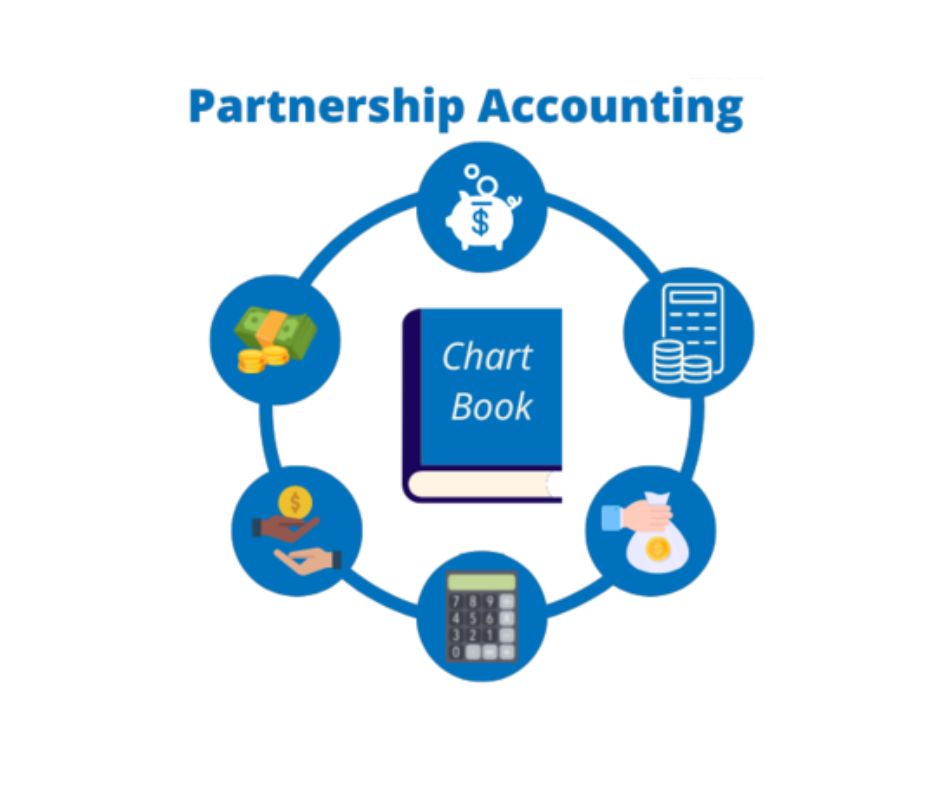Partnership model in accounting firms: Accounting firms typically consist of partners who are experienced and knowledgeable in the field of accounting. By forming a partnership, they can combine their expertise and skills, allowing for a broader range of services to be offered to clients.
2.Client Relationships:
The partnership structure allows for the development of long-term client relationships. Clients often seek consistency and continuity in their accounting services, and a partnership can provide stability and a sense of trust through ongoing relationships with specific partners.
3.Collaboration and Decision-making:
Partnerships encourage collaboration and collective decision-making among partners. This can lead to better decision-making processes, as partners can discuss and analyze various perspectives before making important business decisions.
4.Risk Sharing:
Partnerships allow for the sharing of business risks among the partners. By spreading the risk, individual partners are not solely responsible for any potential financial or legal liabilities that may arise.
5.Incentives and Profit-sharing:
The partnership structure enables profit-sharing among partners. This incentivizes partners to work together towards the success of the firm and encourages a sense of shared ownership.
6.Flexibility:
Partnerships offer flexibility in terms of the structure and governance of the firm. Partners can establish their own internal policies, compensation structures, and decision-making processes, tailored to the specific needs and goals of the firm.
7.Tax Benefits:
In some jurisdictions, partnerships may have tax advantages over other business structures. Partnerships are typically not subject to separate taxation at the entity level. Instead, profits and losses are “passed through” to the individual partners, who report them on their personal tax returns.
For further details visit: https://vibrantfinserv.com/service-detail-3.php
8.Partnership model in accounting firms:
It is important to note that accounting firms can also adopt other business structures, such as limited liability partnerships (LLPs) or corporations, depending on legal and regulatory requirements, specific business objectives, and the preferences of the partners involved. The choice of business structure should align with the firm’s goals, risk profile, and long-term vision.
FAQs:
1.What is a partnership model in accounting firms?
A partnership model in accounting firms is a business structure where two or more individuals share ownership, profits, and responsibilities for managing the firm.
2. What are the advantages of a partnership model?
Advantages include share financial responsibilities, diverse expertise, increase client trust, and potential for higher profits through pooled resources and client bases.
3. What are the types of partnerships in accounting firms?
The main types are general partnerships (equal management and liability), ltd partnerships (at least one general partner and one limited partner), and limited liability partnerships (partners have limited liability for the firm’s debts).
4. How are profits distribute in a partnership model?
Profits are typically distribute base on an agree-upon formula, which may consider factors like ownership percentage, contribution to the firm, or seniority.
5. What is the role of a managing partner?
The managing partner oversees the day-to-day operations of the firm, makes strategic decisions, and represents the firm in external affairs.
6. How are decisions made in a partnership?
Decisions are usually made collectively, with partners discussing and voting on significant issues. Some firms may have a hierarchy based on seniority.
7. What are the tax implications of a partnership?
Partnerships are generally pass-through entities for tax purposes, meaning profits and losses are report on the partners’ individual tax returns, avoiding double taxation.
8. How is liability handled in a partnership?
In a general partnership, partners have joint liability for the firm’s debts. Ltd partners typically have limited liability, while limited liability partnerships protect all partners from personal liability for the firm’s debts.
9. Can a partner leave the firm?
Yes, partners can leave, but the process is usually govern by a partnership agreement, which outlines the terms of withdrawal, including buyout provisions.
10. What happens if a partner passes away?
The partnership agreement typically specifies how the firm will handle the death of a partner, often involving buyout clauses or arrangements for transferring the deceased partner’s share to their heirs
For further details access our website https://vibrantfinserv.com
Web Link: https://vibrantfinserv.com
FB Link: https://fb.me/vibrantfinserv
Insta Link: https://www.instagram.com/vibrantfinserv2/
Twitter: https://twitter.com/VibrantFinserv
Linkedin: https://www.linkedin.com/in/vibrant-finserv-62566a259/

